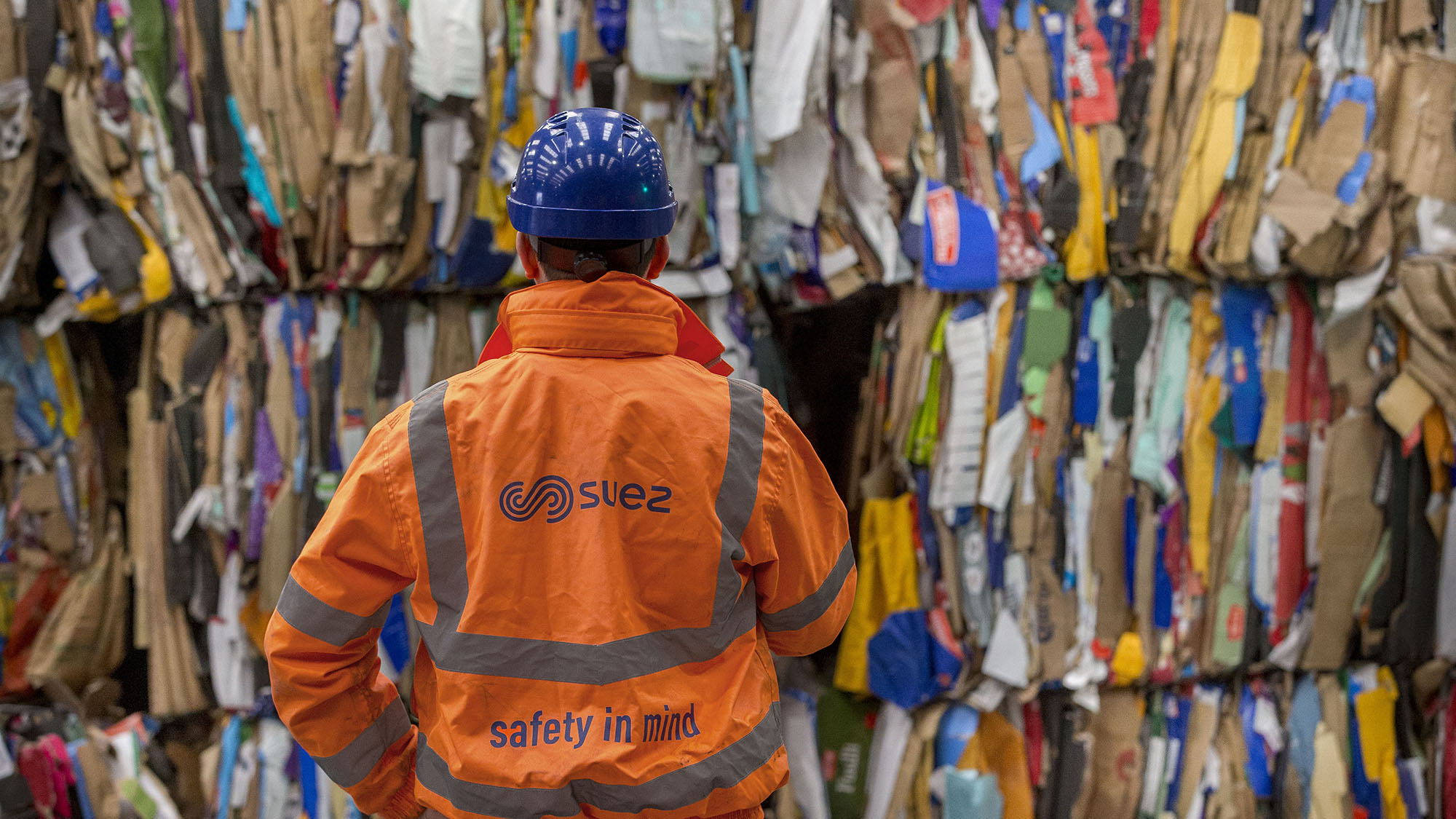What’s in store for the waste and resources sector in 2024 ?

So it was reassuring to know that the group of industry experts that joined myself and SUEZ recycling and recovery UK CEO John Scanlon for our first webinar of the year, Key Trends and Topics Shaping the Resources and Waste Industry in 2024, were cautiously optimistic – and clearly geared up for – the challenges facing our sector over the coming 12 months.
The overarching issue this year is of course the General Election and the implications for our sector of a change of Government (or not). Having already met with Ruth Jones, the shadow minister for Environment, Food and Rural Affairs and learned that she considers the existing raft of environmental policy eminently sensible, it’s reassuring to know that a largescale rejection and redrafting of the proposed resources and waste policy reforms is unlikely to take place in the event of a Labour win.
But even with a genuine intention to implement policies, competing priorities in the form of the leviathan that is the NHS and an ongoing cost of living crisis - coupled with the inevitable upheaval and loss of focus during any transition period - delays would seem unavoidable.
And delay has been the root cause of so much uncertainty already. Almost half (47%) of our webinar attendees told me that ongoing policy reforms are the biggest single factor affecting their organisations this year.
So, what can we as a sector do to reduce the number of variables at play and move forward not just with certainty, but optimism?
Firstly, our panel of experts agreed that we have to mobilise and work together to push the waste and resources agenda to the top of that long list of Government priorities. And we shouldn’t be shy about doing so. As a sector, we are pivotal in the bid to achieve net zero and together have £10bn to invest in recycling solutions over the next decade – providing we have the policy certainty that such a large investment relies upon.
We are also the sector that can guide the Government on seriously working towards a circular economy by influencing policy and advocating for more ambitious circular economy initiatives. Doing this is key to moving us beyond recycling and forcing a clearer focus on reuse and repair. It’s fantastic that the Right to Repair is currently making its way through the Lords as part of the Consumer and Markets Bill – after all, for every tonne of material we reuse at SUEZ, we generate £13,500 of social value.
That figure alone is a compelling reminder that the circular economy isn’t something that exists apart from the linear economy but is inextricably interwoven with it, delivering at every stage; protecting critical resources right through to bringing social benefits at a community level. That social value is becoming increasingly important to our municipal customers who are meeting significant funding challenges and will be at the coal face of implementing many of the reforms as they start to come online next year.
So, 2024 is the year that we begin to put the building blocks in place for an exciting but challenging series of seismic changes for our industry. We are problem solvers at our very core and the rapid succession of new policy coming online over the next four years will test our mettle and, I have no doubt, prove this sector’s true value. Imagine, in just four years’ time we will hopefully have planned for, implemented and bedded in Extended Producer Responsibility, the Deposit Return Scheme, Digital Waste Tracking, food waste collections and Emissions Trading Scheme charges.
The huge amount of preparatory and practical work needed to make all of this happen will take place in lock step with policy reform and that means we have to remain agile enough to respond and work together in communicating a consistent message - not just to statutory bodies, but to producers and end-users alike to ensure all of these reforms are understood, accepted and supported.
And at the same time, let’s keep the spotlight trained on those policies that, once implemented, will clear the way for more conversations about the circular economy and turn up the volume on our collective voice to ensure that policy reform acts as a catalyst for more and better, rather than a hurdle we have to overcome to succeed.
And I’m hoping that Rabbie Burns’ other famous saying about the best laid schemes o’mice an’ men will, for a change this year, not apply!
My thanks go to our own CEO, John Scanlon; Roz Bulleid, Research Director of Green Alliance; Lee Marshall, Policy and External Affairs Director of the CIWM and Signe Norberg, Head of Public Affairs and Communications at the Aldersgate Group for their insights and all of you who took time out of your busy day to attend and contribute to the discussion.
If you missed the webinar, Navigating the future: key trends and topics shaping the resources and waste industry in 2024, it is available to watch on demand.

